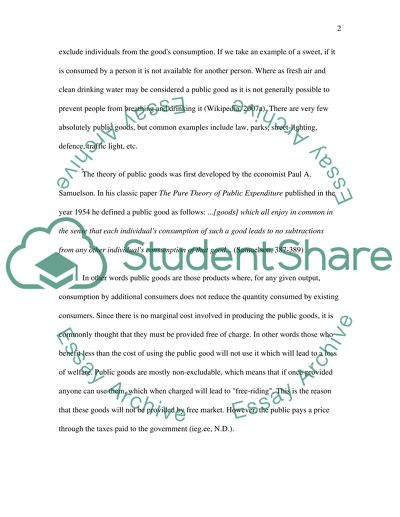Cite this document
(Education: a Public or Merit Good Essay Example | Topics and Well Written Essays - 1500 words, n.d.)
Education: a Public or Merit Good Essay Example | Topics and Well Written Essays - 1500 words. https://studentshare.org/education/1507193-should-education-be-regarded-as-a-public-good-or-merit-good
Education: a Public or Merit Good Essay Example | Topics and Well Written Essays - 1500 words. https://studentshare.org/education/1507193-should-education-be-regarded-as-a-public-good-or-merit-good
(Education: A Public or Merit Good Essay Example | Topics and Well Written Essays - 1500 Words)
Education: A Public or Merit Good Essay Example | Topics and Well Written Essays - 1500 Words. https://studentshare.org/education/1507193-should-education-be-regarded-as-a-public-good-or-merit-good.
Education: A Public or Merit Good Essay Example | Topics and Well Written Essays - 1500 Words. https://studentshare.org/education/1507193-should-education-be-regarded-as-a-public-good-or-merit-good.
“Education: A Public or Merit Good Essay Example | Topics and Well Written Essays - 1500 Words”. https://studentshare.org/education/1507193-should-education-be-regarded-as-a-public-good-or-merit-good.


